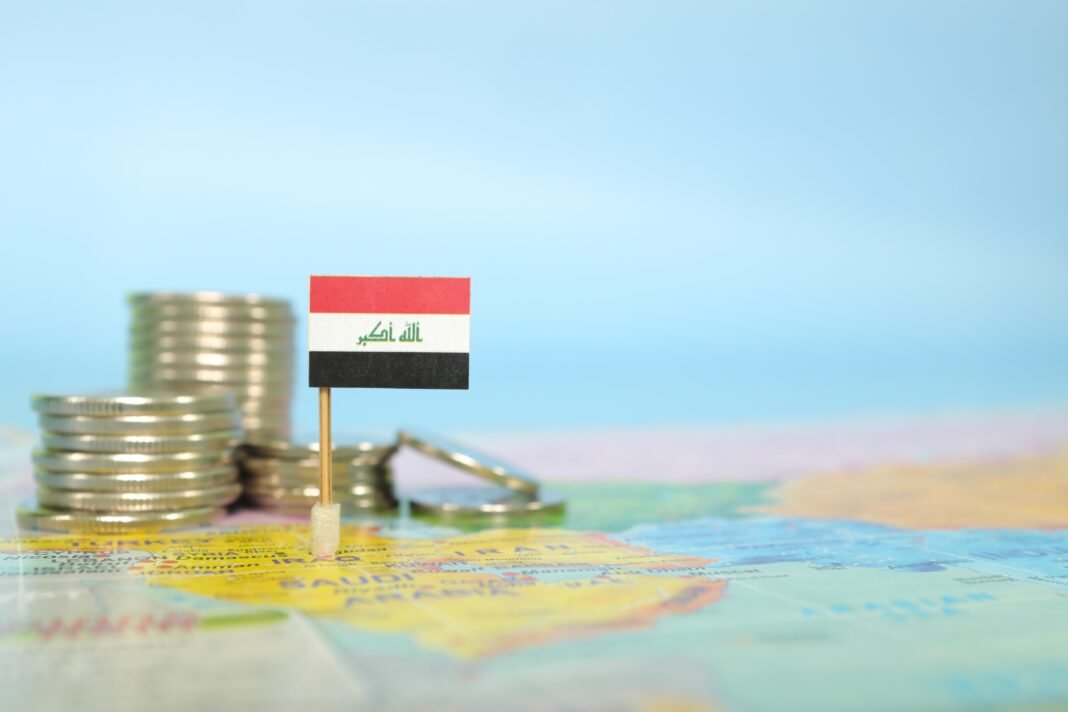Iraq economy growth shows strong improvement as the country continues to recover and diversify beyond oil revenue. The Minister of Finance recently confirmed a 5% increase in non-oil GDP growth. This progress highlights Iraq’s efforts to stabilize its economy and reduce dependence on oil.
Government officials held detailed discussions with the International Monetary Fund (IMF). The Iraqi delegation included the Central Bank Governor and high-ranking finance experts. These talks focused on Iraq’s economic updates and future plans.
The IMF reviewed Iraq’s latest financial indicators and shared encouraging insights. Non-oil sectors, including agriculture, played a large role in this growth. Public spending also supported the economy’s upward trend. Projections for next year predict a further 4% rise in non-oil GDP.
Oil-related income will continue to depend on OPEC policies and international crude oil prices. Therefore, Iraq plans to strengthen other parts of the economy to reduce risk. The finance ministry remains focused on expanding these non-oil sectors.
In terms of public finances, Iraq faces a manageable fiscal deficit. The deficit reached 5 trillion dinars, or about 1.5% of GDP. However, this amount excludes debt repayments and long-term investment costs. According to IMF estimates, the current deficit level will not hurt Iraq’s public debt ratio.
Iraq economy growth remains the government’s key goal. To support this target, the finance ministry will restructure public banks. These banks will then better support government financing and market activity. Iraq also plans to hire more skilled workers for debt management and financial planning.
Moreover, Iraq will work closely with the IMF to boost its debt control system. The ministry plans to hire consulting firms that will improve its debt management structure. These changes aim to increase transparency and efficiency in handling public funds.
Additionally, the IMF has promised to provide expert guidance. This assistance will help Iraq reform taxes, improve financial systems, and choose the best models for its economy. The IMF will offer support through its Middle East Technical Assistance Center.
Finally, both sides agreed on strengthening Iraq’s ties with foreign banks. This step will improve access to international markets. Iraq will also promote the use of the Iraqi dinar in trade. These measures aim to maintain currency stability and encourage local economic growth.
Iraq economy growth now depends on coordinated reforms, public investment, and strong global partnerships. Leaders in Baghdad continue to push forward, aiming for long-term financial security.


